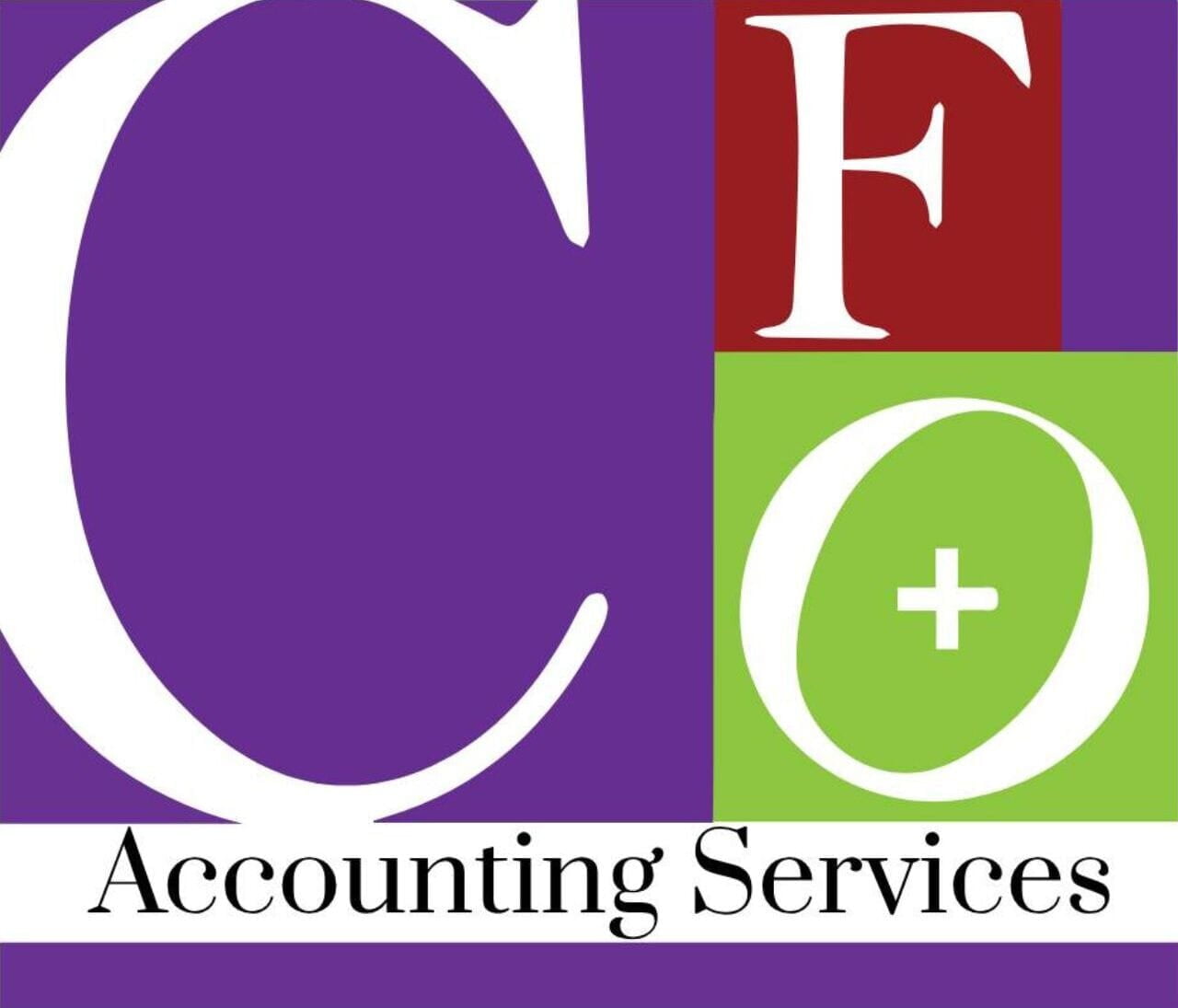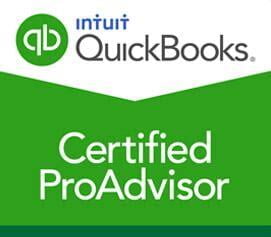Managing finances is a core task for every small business owner, but it doesn’t have to consume all your time. By implementing a few smart strategies and tools, you can streamline financial tasks, reduce stress, and free up time to focus on what you do best—running your business. Here are some essential time-saving tips to help you stay organized and efficient with your small business finances.
1. Embrace Digital Tools for Bookkeeping
Gone are the days of manual bookkeeping on spreadsheets. Digital tools offer automated solutions that keep records accurate and up-to-date with minimal effort. Options like Xero, Zoho Books, and QuickBooks provide robust features such as automatic categorization of expenses, real-time transaction updates, and cloud storage.
Why it’s a time-saver: Automating your financial tracking reduces the need for data entry and minimizes errors, meaning fewer hours spent on reconciliation at month-end. With mobile accessibility, you can monitor your finances on the go, making digital tools essential for busy business owners.
2. Set Up Automatic Payments and Invoicing
One of the simplest ways to save time is by automating payments and invoices. Setting up automatic bill payments ensures you won’t miss deadlines, avoiding late fees and keeping your credit in good standing. For customer invoicing, digital tools can automatically send invoices and even follow up on overdue payments.
How to get started:
- Bank Bill Pay: Many banks offer free bill pay services. Set up recurring payments for predictable expenses like rent or utilities.
- Invoicing Software: Most digital bookkeeping software also offers automated invoicing features. Set reminders for recurring clients and automate follow-ups on outstanding invoices to ensure timely payments.
Why it’s a time-saver: Automating payments and invoicing eliminates the need for constant manual monitoring, freeing up valuable time and mental bandwidth.
3. Organize Receipts and Transactions Digitally
Tracking expenses and keeping receipts organized can be overwhelming, but digital solutions can make it easier. Apps like Hubdoc and Zoho Expense allow you to take a quick photo of receipts and categorize them instantly. With these apps, you can save a PDF of the receipt in your bookkeeping software for easy reference.
Why it’s a time-saver: Digitally storing and categorizing receipts prevents you from losing valuable information and saves you from sifting through paper receipts later. Plus, most of these tools integrate with accounting software, making expense tracking seamless.
4. Schedule Monthly Financial Check-Ins
While staying on top of your finances is essential, you don’t need to review everything every day. Instead, block out dedicated time each month to review financial reports, reconcile accounts, and assess cash flow. A monthly financial review can help you spot any unusual expenses, ensure that invoices are up-to-date, and identify potential areas for budget adjustments.
How to structure your monthly check-in:
- Review Cash Flow: Analyze cash inflow and outflow to ensure you have enough funds for the upcoming month.
- Reconcile Accounts: Ensure all expenses and income are accurately recorded and categorized.
- Check for Discrepancies: Identify and resolve any unexpected charges or unpaid invoices.
Why it’s a time-saver: By dedicating just a few hours each month to this review, you can catch potential issues early on, reducing the risk of financial surprises and minimizing last-minute tasks.
5. Use Financial Dashboards to Monitor Key Metrics
Financial dashboards compile essential metrics like revenue, expenses, and profit margins into an easy-to-read format. Many accounting platforms come with built-in dashboards that update in real-time, making it simple to check in on your business’s financial health at a glance. Customized dashboards allow you to focus on the most relevant data, such as customer payment status, monthly revenue targets, or expense tracking.
Why it’s a time-saver: Having key metrics in one place allows for quick, informed decision-making. Instead of running multiple reports, a dashboard gives you an instant overview, freeing you to focus on strategic tasks.
6. Leverage Bank and Credit Card Alerts
Setting up alerts with your bank and credit card providers can save time by automatically notifying you of key account activities. For example, you can set up alerts for low balances, unusual transactions, or upcoming bill payments. These alerts help you stay aware of your financial status without needing to log into your accounts frequently.
Why it’s a time-saver: Alerts provide an extra layer of financial awareness, helping you catch issues early without spending hours combing through transactions.
7. Keep Business and Personal Finances Separate
Mixing business and personal finances can quickly become chaotic and time-consuming, especially during financial reviews. Use separate accounts for business transactions to make tracking expenses and income simpler. This separation also simplifies tax preparation and reduces the risk of overlooking deductible expenses.
Why it’s a time-saver: By separating business and personal finances, you eliminate the need to sort transactions later, making monthly reconciliations and budget reviews faster and more efficient.
8. Consult with a Bookkeeping Professional as Needed
For many small business owners, handling all finances alone is simply impractical. Consulting a professional bookkeeper can help streamline your financial processes, freeing up time for other business priorities. Even if you don’t need full-time support, an occasional check-in with a financial expert can help you stay organized and compliant.
Why it’s a time-saver: A professional can spot opportunities for efficiency that might be missed otherwise and offer personalized advice, reducing time spent troubleshooting financial issues.
Final Thoughts
Efficient financial management doesn’t have to be complicated. By taking advantage of digital tools, setting up automation, and scheduling routine check-ins, you can stay on top of your finances without sacrificing valuable time. These time-saving tips not only help keep your business organized but also empower you to make informed decisions that drive growth and stability.
Need help streamlining your bookkeeping process? Contact us today to schedule a virtual call and discover how we can support your business’s financial success.






